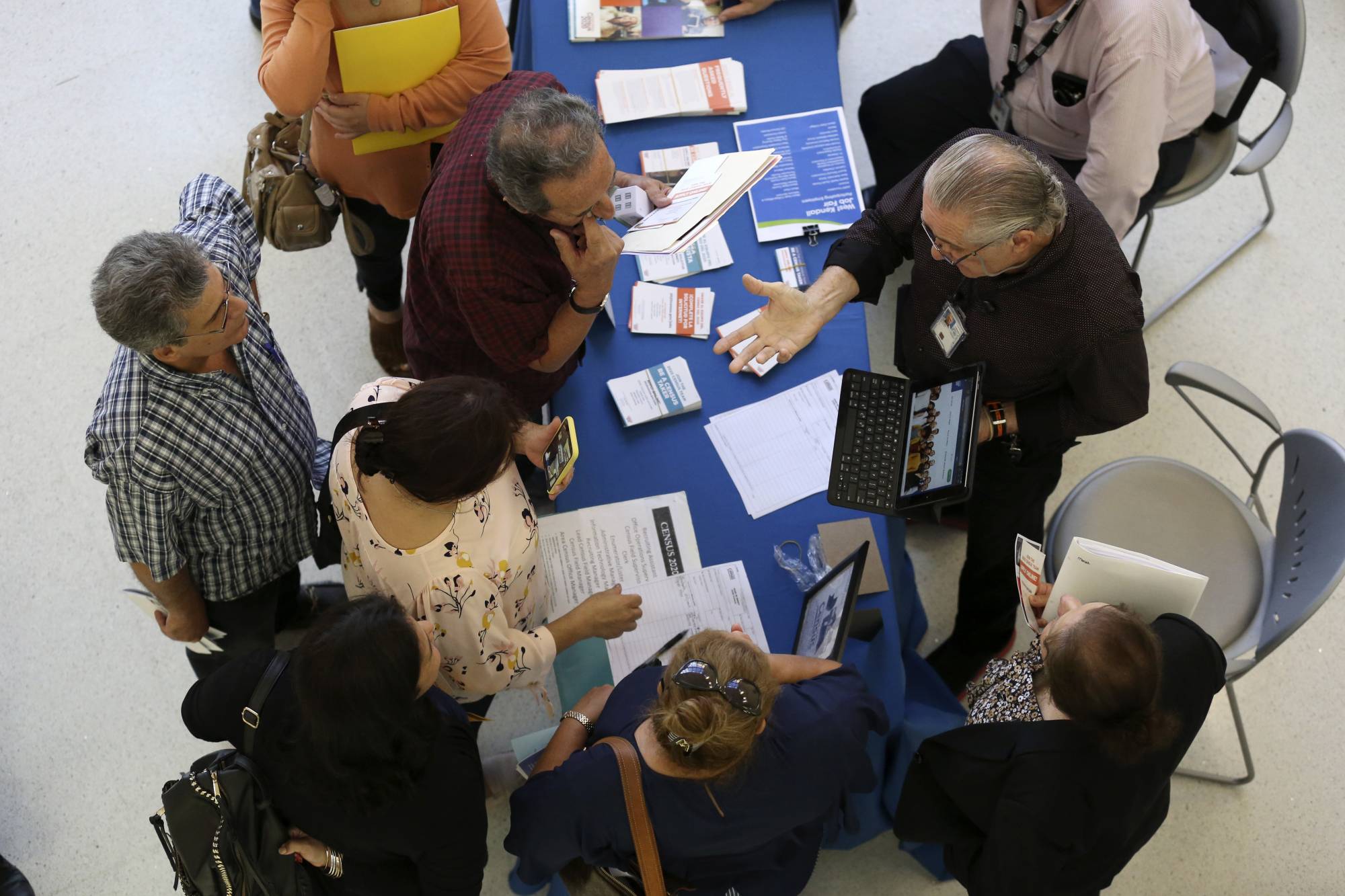The Federal Headlines is a daily compilation of the stories you hear discussed on Federal Drive with Tom Temin.
- The Defense Department has clarified which kinds of unclassified information contractors need to protect under its new cyber incident reporting requirement. The original rule said contractors needed to safeguard quote covered defense information. A final rule defines that term as items marked as Controlled Unclassified Information in the contract, or information gathered while executing it. (Federal Register)
- Congress has underscored the continuing problem of improper payments. The House Oversight and Government Reform Committee reports nearly $600 billion in such payments in the last five years $100 billion in 2015 alone. Medicare and Medicaid represent the bulk of improper payments. (House Oversight and Government Reform Committee)
- Mistakes made during the retirement claims process at the Office of Personnel Management also has the oversight committee concerned. It siad especially high error rates at the Social Security Administration and the Agriculture, Interior and Veterans Affairs Departments stand out. It wants the Government Accountability Office to look more in to the process. (Federal News Radio)
- The Office of Management and Budget has once again redefined what a data center is. The new definition of a data center is any room with servers that is larger than 660 square feet. In 2012, OMB redefined a data center for the first time as any room greater than 500 square feet dedicated to data processing. Additionally, GSA issued the application process for agencies to become a data center shared services provider. Applications are due Oct. 27. (Data Center Optimization Initiative)
- A former IRS agent usually tasked with investigating tax crimes has found herself in the middle of one. A federal grand jury charges Alena Aleykina of Sacramento, California with filing phony tax returns for herself and family members and destroying evidence on a government computer. The Justice Department said Aleykina was a former special agent in the IRS’ Criminal Investigation Division. (Department of Justice)
- The Defense Business Board wants more service control in the defense developmental test and evaluation process and for DoD to consolidate the amount of people responsible for risk. The testing and evaluation process has come under fire in recent years because it adds time and cost to the acquisition cycle. Proponents say it ensures the safety and competency of systems. (Defense Business Board)
- The Defense Department has issued two contracts to expand the government’s first-ever “bug bounty” program. The $7 million in awards are meant to let individual Defense components run bounties of their own — offering rewards to white hat hackers who manage to find cybersecurity vulnerabilities on their systems. It’s a follow-on to this year’s Hack the Pentagon program, which awarded $150,000 in bounties to people who found problems on DoD’s public facing websites. The first contract, to HackerOne, will essentially repeat that process. A second, to Synack, is only open to highly-vetted researchers, and focuses on more sensitive, mission-critical DoD systems. (Department of Defense)
- The Commerce Department has opened an online library for economic data. Commerce will partner with the European Commission to build an open source data tool. The data includes information like Gross Domestic Product, employment and population. Officials schedule an early November launch. (Federal News Radio)
- The Census Bureau takes a strategic step back in field testing for the 2020 decennial count. Citing budget uncertainty, Census director John Thompson stopped 2017 field operations tests in three locations — Puerto Rico and two reservations. He said the sites might be included in a subsequent testing program, End-to-End Census, in 2018. Given the continuing resolution, Thompson says keeping the 2017 test program could put the later work and cost reductions he promised Congress at risk. (U.S. Census Bureau)
Copyright
© 2024 Federal News Network. All rights reserved. This website is not intended for users located within the European Economic Area.





